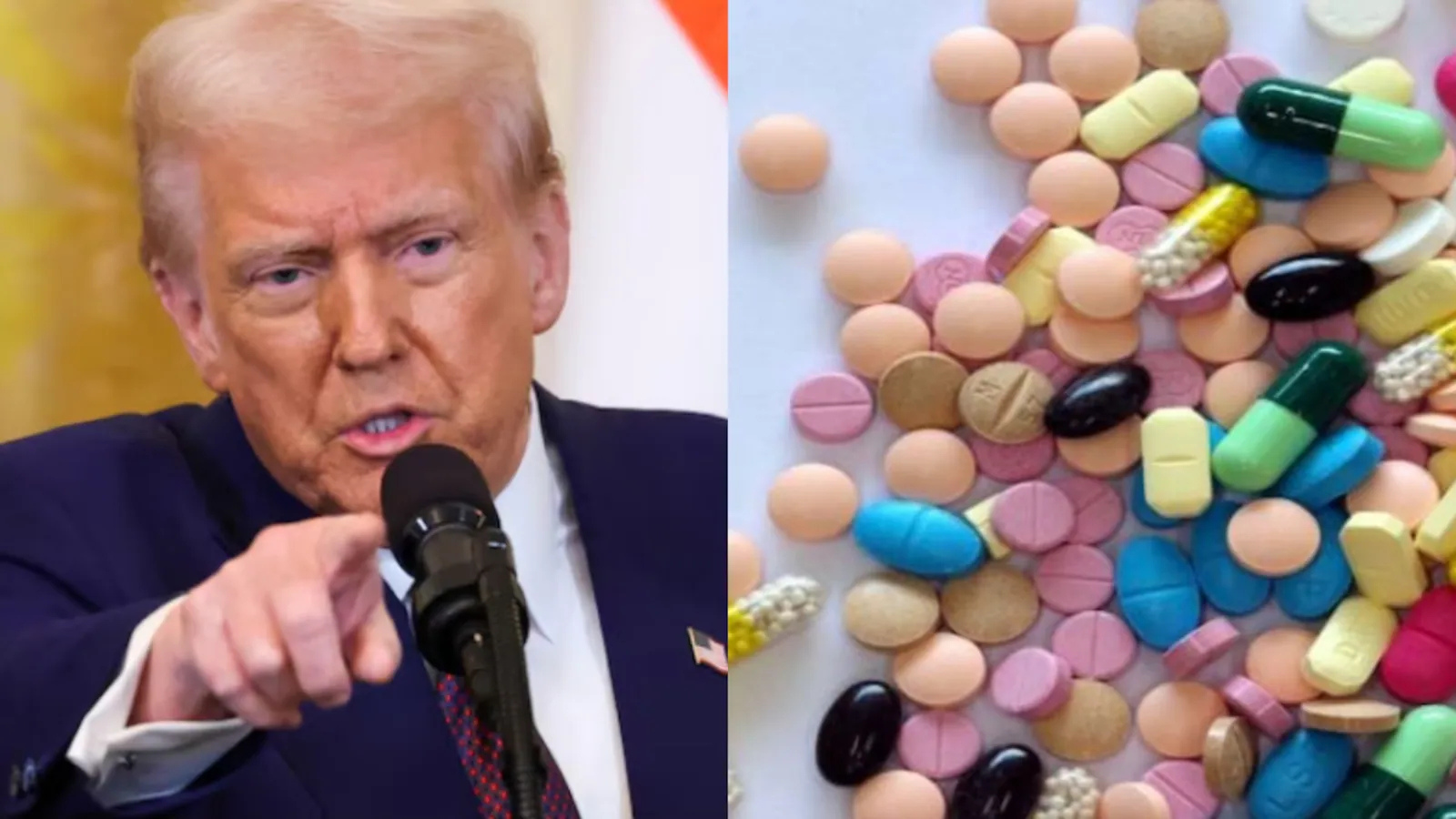Trump's War on Indian Drugs: How U.S. Trade Policies Threaten Global Pharmaceuticals Supply
Trump's crackdown on Indian pharmaceutical exports could trigger a global drug supply shock, impacting medicine access and healthcare worldwide.
Trump’s War on Indian Drugs Risks a Global Supply Shock
Introduction
The intersection of U.S. trade policy under Trump and the mainstream supply of pharmaceuticals from India is creating ripples throughout the global healthcare landscape. As Indian pharmaceutical companies face rising scrutiny and restrictions, the world sits on the brink of a potential drug supply crisis that could jeopardize access to essential medicines for millions.
Why Indian Pharmaceuticals Matter Globally
India is often dubbed the “pharmacy of the world” for a good reason. The country is the largest supplier of generic medicines globally, shipping essential drugs to more than 200 countries. Many developing nations—and a significant portion of U.S. hospitals—depend on affordable Indian generics to treat chronic conditions, infectious diseases, and more.
Trump’s Trade Policies: What Changed?
During his administration, President Donald Trump prioritized reducing the American trade deficit and tightening controls on imports. Indian pharmaceuticals, a $20+ billion export industry, landed in the crosshairs. Key measures included:
Increased tariffs on select pharmaceutical imports from India
More stringent regulatory inspections and delays
Public campaigns accusing Indian manufacturers of “unfair trade practices” and “substandard quality”
The Immediate Impact on Indian Drug Exports
These policies have already led to:
Regulatory bottlenecks and product recalls for Indian pharmaceutical companies
Higher costs of compliance and legal scrutiny
Uncertainty in export volumes, directly hitting small and mid-sized manufacturers
How Could a Supply Shock Unfold?
The global pharmaceutical supply chain is complex and highly interdependent. Disruptions in Indian exports could quickly ripple worldwide:
Medicine Shortages: Hospitals and pharmacies—especially in Africa, Southeast Asia, and even the U.S.—could face shortages of antibiotics, antivirals, and cancer drugs.
Price Increases: Scarcity would lead to elevated costs, straining public health budgets and out-of-pocket expenses for patients.
Rise of Counterfeit Drugs: Where regulated supply dries up, black markets and counterfeit drugs often surge, posing safety risks.
Who Is at the Greatest Risk?
Low- and Middle-Income Countries: These regions rely most on Indian generics for affordable treatment of diseases like HIV/AIDS, malaria, and tuberculosis.
U.S. Patients: Generic drugs make up over 90% of prescriptions dispensed in the United States, with India as a chief supplier.
Global Health Programs: Agencies like WHO and UNICEF procure a substantial proportion of vaccines and essential medicines from Indian companies.
Strategic Motives and Political Rhetoric
Trump’s push against Indian drug exports aligns with his “America First” agenda, but critics argue it overlooks public health consequences. While aiming to protect American manufacturers and pharmaceutical jobs, these restrictions threaten international supply, raising ethical questions on access to medicine.
Industry and Diplomatic Responses
Indian Government: Officials have lobbied for fairer treatment and highlighted the global reliance on India’s exports.
Pharma Companies: Many Indian manufacturers are ramping up compliance to U.S. FDA standards and exploring alternative markets.
Global Health Advocates: Calls are mounting for trade exemptions and multilateral dialogue to safeguard essential medicine flow, especially during global crises.
What About Quality Concerns?
U.S. authorities cite quality lapses as a reason for tougher scrutiny. However, most leading Indian pharmaceutical exporters are WHO-approved and supply medications to stringent regulatory environments worldwide. Blanket restrictions based on isolated incidents risk undermining legitimate producers.
Long-term Implications
If current trends continue, global healthcare could face fragmentation and soaring drug costs.
International collaboration may be needed to balance quality control with continued open trade.
Practical Solutions
Healthcare and policy experts recommend:
Establishing clear, transparent, and scientifically grounded regulatory partnerships
Ensuring any trade barriers are temporary, targeted, and based on concrete evidence
Supporting domestic capability in the U.S. without undermining proven global supply chains
Conclusion
Trump’s war on Indian drugs is more than a bilateral trade issue—it’s a global health dilemma. Without careful negotiation, millions may experience reduced drug access, higher costs, and worsened health outcomes.
Frequently Asked Questions
Why are Indian pharmaceuticals critical to global supply?
India supplies affordable generic medicines to more than 200 countries, making it the world’s largest exporter in this category.What specific actions has Trump taken against Indian drug imports?
Measures have included increased tariffs, stricter inspections, and negative public statements about Indian manufacturers.Who would be most affected by a supply shock?
Patients in developing countries, global health programs, and even U.S. consumers relying on affordable generics.Are Indian drugs unsafe?
The majority of Indian exporters adhere to WHO and international regulatory standards, though like all manufacturers, some face isolated compliance issues.Can this situation be reversed?
Global health advocates suggest diplomatic engagement and targeted trade exemptions to maintain reliable medicine access.
